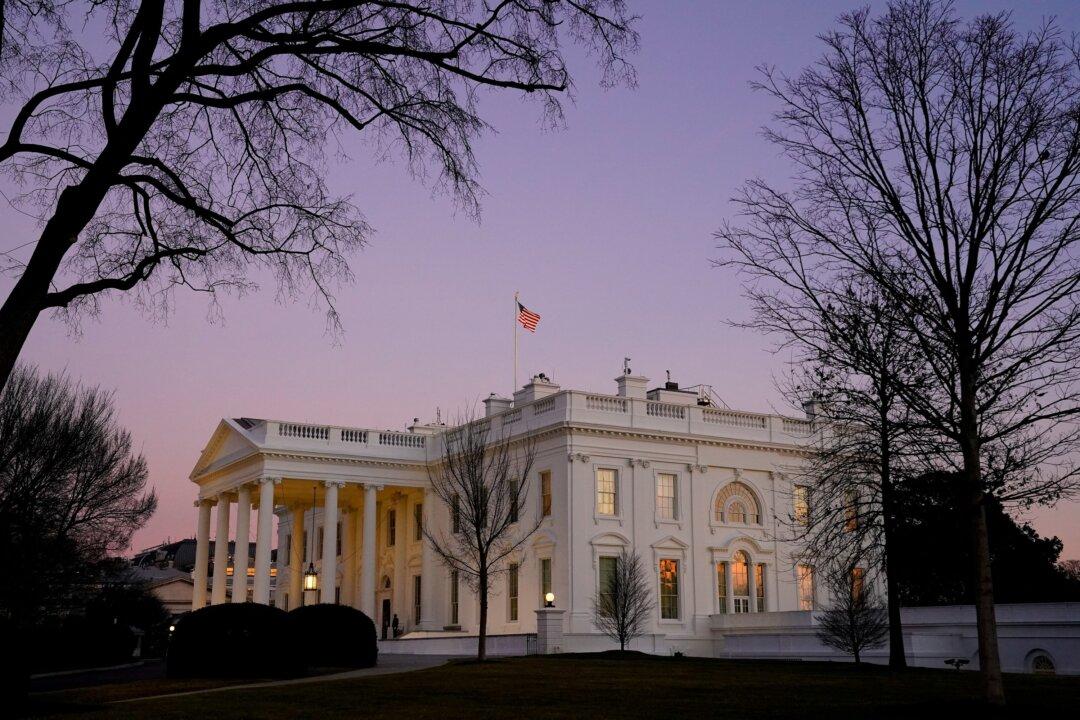They didn’t appear on a ballot for voters to elect or reject, but many staffers of George Soros’s Open Society Foundations have the ear of high-level White House officials, and with it, influence over federal policies.
Since President Joe Biden took office, representatives from the Open Society Foundations have met privately 40 times in the executive mansion, in meetings with one to three guests, White House visitor logs show.





